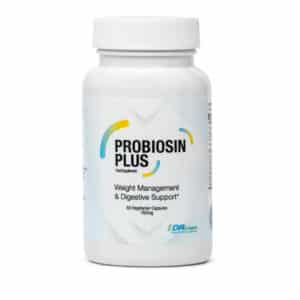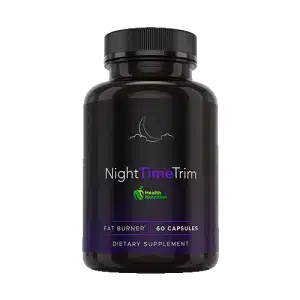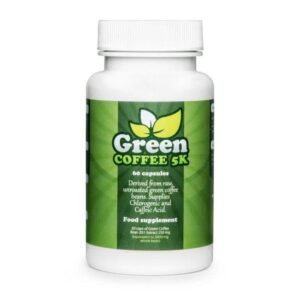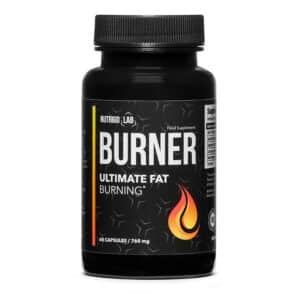In the pursuit of quick and easy weight loss, many turn to dietary supplements, hoping to shed pounds without significant lifestyle changes. These products often promise miraculous results, but the reality behind their effectiveness and safety is far more complex. Understanding the role and impact of weight loss supplements is crucial for anyone considering their use.
Understanding Dietary Supplements
Dietary supplements are marketed as health aids, available over-the-counter, and taken orally. They typically contain a mix of vitamins, minerals, fiber, caffeine, herbs, and other plant-based ingredients. Popular supplements claim to boost energy, improve diet, build muscle, or burn fat. However, it’s important to recognize that these products are not medicines. They are not intended to prevent, treat, or cure any medical conditions.
Regulation of Dietary Supplements
In the United States, the regulation of dietary supplements is markedly different from that of prescription medications. The U.S. Food and Drug Administration (FDA) does not approve dietary supplements before they reach the market. Instead, the responsibility falls on the manufacturers to ensure their products are safe and accurately labeled. The FDA intervenes only if a supplement is found to be unsafe or if the labeling is misleading or unsubstantiated.
This regulatory framework means that many supplements hit the market without rigorous testing. Clinical trials, which are standard for medications, are rarely conducted for dietary supplements. This lack of testing leads to limited scientific evidence supporting the efficacy and safety of these products.
Claims and Reality
Weight loss supplements often make enticing claims, backed by selective and sometimes dubious scientific evidence. For instance, products like raspberry ketone are marketed based on limited studies that may not be broadly applicable. One small clinical trial involving 70 obese adults showed that participants taking a supplement containing raspberry ketone, among other ingredients, lost more weight than those taking a placebo. However, the trial was short-term, involved only a few participants, and did not isolate which ingredient contributed to the weight loss. Such trials do not provide reliable information on the long-term safety or effectiveness of the supplement.
Safety Concerns
The assumption that a product is safe because it is natural is a dangerous misconception. Some dietary supplements have been linked to severe health issues, including liver damage. For example, ephedra, once a common ingredient in weight loss supplements, was banned by the FDA after it was associated with serious side effects such as high blood pressure, heart attacks, strokes, and seizures.
Moreover, some supplements have been found to contain undisclosed ingredients, including prescription medications, which can be harmful. Potential safety issues also include allergic reactions and interactions with other medications. Therefore, it is crucial to research any supplement thoroughly and consult healthcare professionals before use, especially for individuals with underlying health conditions or those taking other medications.
Research and Caution
Before considering any weight loss supplement, it is essential to conduct thorough research. Trusted sources like the U.S. Office of Dietary Supplements and the National Center for Complementary and Integrative Health provide reliable information. Despite the allure of quick fixes, the key to effective and safe weight loss remains a comprehensive approach involving a balanced diet and regular physical activity.
In conclusion, while weight loss supplements might seem like an easy solution, their benefits are often overstated, and their risks underappreciated. A well-rounded lifestyle change remains the most effective and safest way to achieve and maintain a healthy weight. Always approach weight loss supplements with skepticism and seek professional medical advice before use.














